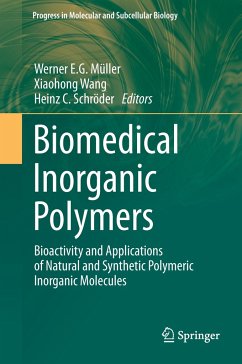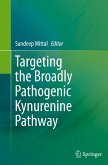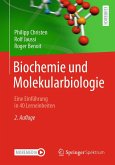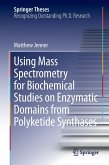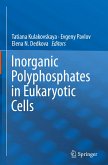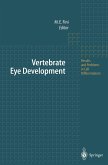In recent years, inorganic polymers have attracted much attention in nano-biomedicine, in particular in the area of regenerative medicine and drug delivery. This growing interest in inorganic polymers has been further accelerated by the development of new synthetic and analytical methods in the field of nanotechnology and nanochemistry. Examples for biomedical inorganic polymers that had been proven to exhibit biomedical effects and/or have been applied in preclinical or clinical trials are polysilicate / silica glass (such as naturally formed "biosilica" and synthetic "bioglass") and inorganic polyphosphate. Some members of the mentioned biomedical inorganic polymers have already been applied e.g. as "bioglass" for bone repair and bone tissue engineering, or they are used in food processing and in dental care (inorganic polyphosphates). However, there are a number of further biological and medicinal properties of these polymers, which have been elucidated in the last few years but not yet been applied for treatment of humans. In addition to polysilicates and polyphosphate, there are a series of other inorganic polymers including polyarsenate and polyvanadate, whose biological / biomedical properties have been only marginally studied so far. Moreover, the combined application of inorganic polymers and organic polymeric molecules (formation of organic-inorganic hybrid materials) provides a variety of new materials with novel property combinations and diverse applications in nanomedicine. The planned book summarizes the present state of knowledge on a large group of inorganic polymers that had hitherto been mainly considered with regard to their chemistry but not comprehensively reviewed with respect to their potential biomedical applications.
Bitte wählen Sie Ihr Anliegen aus.
Rechnungen
Retourenschein anfordern
Bestellstatus
Storno

